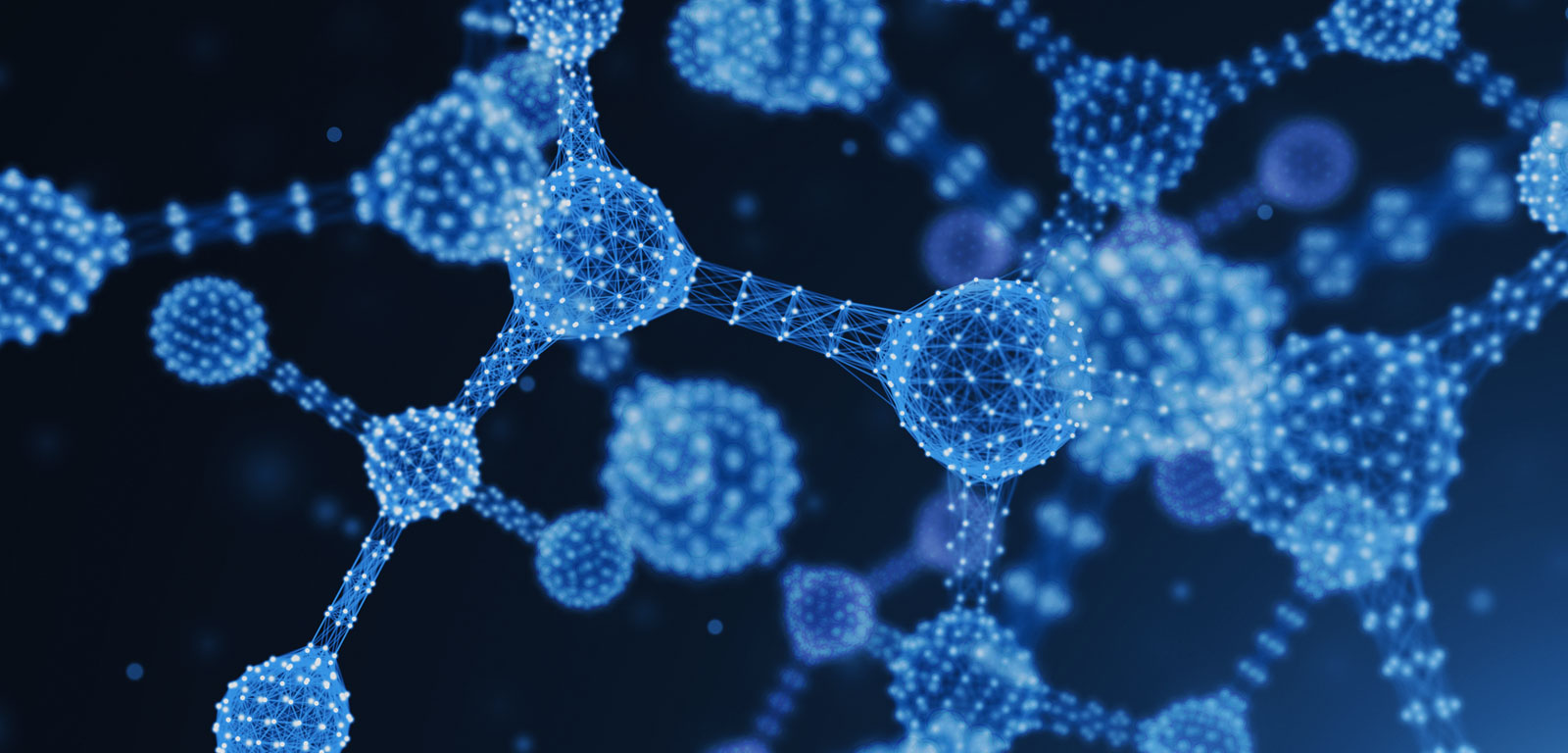Programa
Carga lectiva toggle-navigation
Programa toggle-navigation
Materias obligatorias
| Materia | Idiomas | Créditos ECTS | Especialidades / itinerarios curriculares | Sede de impartición | Modalidad |
|---|---|---|---|---|---|
| Competencia Científica y Lingüística Transversal | Inglés | 5 | -- | Universidad de Cantabria
(
Facultad de Ciencias
)
| Presencial |
| Fundamentos Matemáticos de la Mecánica Cuántica | Inglés | 5 | -- | Universidad de Cantabria
(
Facultad de Ciencias
)
| Presencial |
| Mecánica Estadística y aplicaciones en simulación | Inglés | 5 | -- | Universidad de Cantabria
(
Facultad de Ciencias
)
| Presencial |
| Métodos Avanzados en Estructura Electrónica, Dinámica y Modelización Molecular | Inglés | 12 | -- | Presencial | |
| Métodos de la Química Teórica I | Inglés | 5 | -- | Universidad de Cantabria
(
Facultad de Ciencias
)
| Presencial |
| Métodos de la Química Teórica II | Inglés | 5 | -- | Universidad de Cantabria
(
Facultad de Ciencias
)
| Presencial |
| Simetría en Átomos, Moléculas y Sólidos | Inglés | 5 | -- | Universidad de Cantabria
(
Facultad de Ciencias
)
| Presencial |
| Técnicas Computacionales y Cálculo Numérico | Inglés | 5 | -- | Universidad de Cantabria
(
Facultad de Ciencias
)
Universidad del País Vasco/Euskal Herriko Unibertsitatea
(
Facultad de Ciencias Químicas
)
| Presencial |
Materias optativas
| Materia | Idiomas | Créditos ECTS | Especialidades / itinerarios curriculares | Sede de impartición | Modalidad |
|---|---|---|---|---|---|
| Bioquímica Computacional | Inglés | 5 | -- | Presencial | |
| De la Teoría a la Implementación: Tutoriales en Química Teórica | Inglés | 6 | -- | Presencial | |
| Dinámica de las Reacciones Químicas | Inglés | 5 | -- | Presencial | |
| Estados Excitados | Inglés | 5 | -- | Presencial | |
| Laboratorio de Química Teórica Aplicada | Inglés | 5 | -- | Universidad de Cantabria
(
Facultad de Ciencias
)
| Presencial |
| Linux y Linux de gestión | Inglés | 5 | -- | Universidad de Cantabria
(
Facultad de Ciencias
)
Universidad del País Vasco/Euskal Herriko Unibertsitatea
(
Facultad de Ciencias Químicas
)
| Presencial |
| Modelización Multiescala de Sistemas Moleculares Complejos | Inglés | 6 | -- | Presencial | |
| Modelización de Estructura Electrónica | Inglés | 6 | -- | Presencial | |
| Multiescala, Machine Learning y Métodos QSAR Aplicados a Biomoléculas | Inglés | 6 | -- | Presencial | |
| Métodos Teóricos para la Simulación de Materiales | Inglés | 6 | -- | Presencial | |
| Profundización en los Métodos de la Química Teórica | Inglés | 5 | -- | Universidad de Cantabria
(
Facultad de Ciencias
)
| Presencial |
| Proyecto de Programación de Química Computacional | Inglés | 6 | -- | Virtual | |
| Química de Superficies e Interfases: Experimentación y Modelización | Inglés | 6 | -- | Presencial | |
| Sólidos | Inglés | 5 | -- | Presencial | |
| Técnicas Computacionales Avanzadas | Inglés | 6 | -- | Presencial |
Trabajo Fin de Máster
| Materia | Idiomas | Créditos ECTS | Especialidades / itinerarios curriculares | Sede de impartición | Modalidad |
|---|---|---|---|---|---|
| Proyecto Fin de Máster | 30 | -- |
Metodología
The TCCM European Master is spread over two years and corresponds to 120 ECTS credits. - The first year (M1) will be taken at the student's home Institution, and will be devoted to providing the student with a background in Theoretical Chemistry and Computational Modelling as well as in advanced aspects within the different areas of Chemistry. In the first year the student must attend courses and pass related exams for 60 ECTS credits. These courses will provide the student with the background necessary to follow the second year of the Master, which has a marked International research character. - The second year (M2), mostly international, is devoted to courses and research activity in advanced aspects of Theoretical Chemistry and Computational Modelling as well as in their applications to the most important fields of modern Chemistry, Material Science and Biology. For this purpose all students will take, compulsorily, a four-week Intensive Course that will be followed by 10 weeks of tutorial work in the home Institution up to complete 30 ECTS credits. The second part of M2 will be devoted to an introduction to research, equivalent to 30 ECTS credits. Part of this research activity has to be carried out abroad, in a host Institution of the Consortium of a country different from that of the home Institution. For this purpose, each student will undertake a research project, under the supervision of a local Tutor, and in close collaboration with his tutor at the host Institution. The Master will end with the defence of a Master Thesis.Evaluación
A Master Thesis illustrating the research project has to be produced and defended at the end of the Master at the home university. At least one member of the jury comes from a foreign country and at least 30% of the presentation is given in a second European language. The defence is also undertaken in two different languages.- Número de créditos ECTS : 30
- Profesorado de TFM


